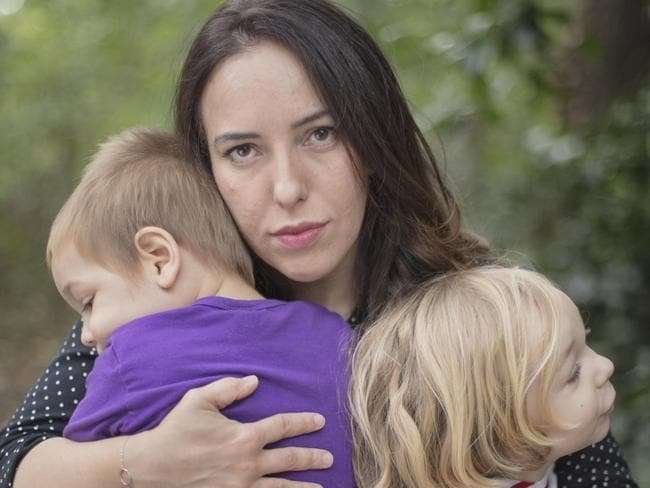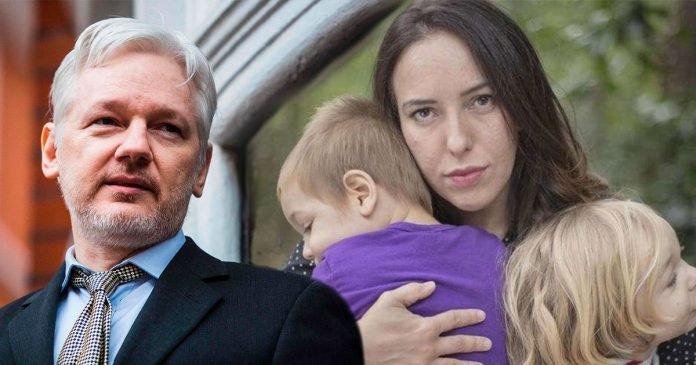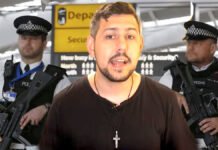Julian Assange’s finance, Stella Moris, has indicated that the decision will be appealed and described the ruling goes against “fundamentals of press freedom and democracy”.
The High Court has reversed a decision not to extradite WikiLeaks founder Julian Assange to the US, where he is wanted for publishing classified documents.
Assange, 50, is wanted in the US on allegations of a conspiracy to obtain and disclose national defence information. Charges were immediately seen as a grave threat to press freedom given that they stemmed from Assange’s publication of classified documents that exposed U.S. war crimes.
Julian Assange is regarded by many as a hero who uncovered war crimes and corruption. The embodiment of modern investigative journalism, dealing with huge amounts of leaked data provided by whistleblowers for publication in the public interest.
US authorities brought a High Court challenge against a January ruling by then-district judge Vanessa Baraister, who ruled that Mr Assange should not be sent to the US, in which she cited a real and “oppressive” risk of suicide.
After a two-day hearing in October, the Lord Chief Justice Lord Burnett and Lord Justice Holroyde ruled in favour of the US on 10 December clearing the way for Julian Assange’s extradition.
Responding to the High Court decision, Stella Moris, Mr Assange’s fiancee, said: “We will appeal this decision at the earliest possible moment.”Advertisement
Mr Assange’s fiancee hits out at High Court’s decision

Speaking outside the High Court, a visibly emotional Ms Moris said: “Today, it’s been almost a year since I stood outside court with our victory of the blocking of the extraction.
For the past two and a half years, Julian has remained in Belmarsh Prison and in fact, he has been detained since 7 December 2010 in one form or another. For how long can this go on?
“Today is International Human Rights Day. What a shame. How cynical. To have this decision on this day, to have one of the foremost publishers of the past 50 years in a UK prison accused of publishing the truth about war crimes and CIA kill teams. Julian exposed the crimes of CIA tortures and CIA killers, and now we know those CIA killers were planning to kill him too.
“How can these courts approve an extradition request under these conditions? How can they accept an extradition to the country that plotted to kill Julian? This goes to the fundamentals of press freedom and democracy.”
Ms Moris added her finance represents what it “means to live in a free society” and accused the UK of imprisoning journalists “on behalf of a foreign power, which is taking an abusive, vindictive prosecution against a journalist”.
Kristinn Hrafnsson Journalist – WikiLeaks tweeted: “On UN Human Rights Day a UK court throws investigative journalism into darkness and continues the torture of #Assange. This fight will not end here.”
On UN Human Rights Day a UK court throws investigative journalism into darkness and continues the torture of #Assange. This fight will not end here.
— Kristinn Hrafnsson (@khrafnsson) December 10, 2021
Christophe Deloire Secretary General and Director General of Reporters Without Borders (RSF) and President of the Forum on Information and Democracy ( http://informationdemocracy.org ) Tweeted: “We condemn today’s UK High Court decision to allow the extradition of Julian Assange to the US, which will prove historic for all the wrong reasons. We fully believe that Julian Assange has been targeted for his contributions to journalism.”
The US argued Mr Assange would not face strict measures
The senior judges found that Ms Baraister’s had based her decision on the risk of Mr Assange being held in highly restrictive prison conditions if extradited.
However, the US authorities later gave assurances that he would not face those strictest measures either pre-trial or post-conviction unless he committed an act in the future that required them.
Lord Burnett said: “That risk is in our judgment excluded by the assurances which are offered. It follows that we are satisfied that, if the assurances had been before the judge, she would have answered the relevant question differently.”
James Lewis QC, representing the US, said the district judge based her decision on Mr Assange’s “intellectual ability to circumvent suicide preventative measures”, which risked becoming a “trump card” for anyone who wanted to oppose their extradition regardless of any resources the other state might have.
Lawyers acting for the US argued Mr Assange’s health is well enough for extradition, with Mr Lewis telling the court his mental illness “does not even come close” to being severe enough to prevent being sent overseas.
Mr Assange’s lawyers oppose the High Court ruling
Lawyers representing Mr Assange had argued that the assurances over the WikiLeaks founder’s potential treatment were “meaningless” and “vague”.
Edward Fitzgerald QC said the judge had produced a “carefully considered and fully reasoned judgment”, adding it was “clear” she had “scrupulously applied the test for oppression in cases of mental disorder”.
Mr Fitzgerald later said that assurances not to impose SAMs on Mr Assange or hold him at the ADX Florence Supermax jail pre-trial or post-conviction do not remove the risk of “conditions of administrative isolation”.
The court also heard that Assange had faced a “menacing, threatening and frightening” situation while under surveillance when he lived at the Ecuadorian embassy in London.
Mr Assange has been held in Belmarsh Prison since 2019 after he was carried out of the Ecuadorian embassy by police before being arrested for breaching his bail conditions.
He had been living in the embassy since 2012 to avoid extradition to Sweden to face sex offence allegations, which he has always denied and were eventually dropped
Support Independent Journalism Today
Our unwavering dedication is to provide you with unbiased news, diverse perspectives, and insightful opinions. We're on a mission to ensure that those in positions of power are held accountable for their actions, but we can't do it alone. Labour Heartlands is primarily funded by me, Paul Knaggs, and by the generous contributions of readers like you. Your donations keep us going and help us uphold the principles of independent journalism. Join us in our quest for truth, transparency, and accountability – donate today and be a part of our mission!
Like everyone else, we're facing challenges, and we need your help to stay online and continue providing crucial journalism. Every contribution, no matter how small, goes a long way in helping us thrive. By becoming one of our donors, you become a vital part of our mission to uncover the truth and uphold the values of democracy.
While we maintain our independence from political affiliations, we stand united against corruption, injustice, and the erosion of free speech, truth, and democracy. We believe in the power of accurate information in a democracy, and we consider facts non-negotiable.
Your support, no matter the amount, can make a significant impact. Together, we can make a difference and continue our journey toward a more informed and just society.
Thank you for supporting Labour Heartlands












